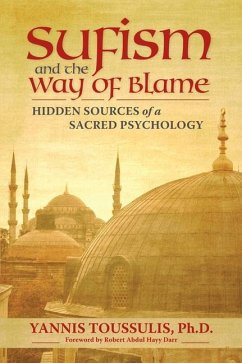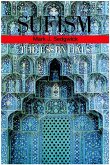This is a definitive book on the Sufi "way of blame" that addresses the cultural life of Sufism in its entirety. Originating in ninth-century Persia, the "way of blame" (Arab. malamatiyya) is a little-known tradition within larger Sufism that focused on the psychology of egoism and engaged in self-critique. Later, the term referred to those Sufis who shunned Islamic literalism and formalism, thus being worthy of "blame." Yannis Toussulis may be the first to explore the relation between this controversial movement and the larger tradition of Sufism, as well as between Sufism and Islam generally, throughout history to the present. Both a Western professor of the psychology of religion and a Sufi practitioner, Toussulis has studied malamatiyya for over a decade. Explaining Sufism as a lifelong practice to become a "perfect mirror in which God contemplates Himself," he draws on and critiques contemporary interpretations by G. I Gurdjieff, J. G. Bennett, and Idries Shah, as well as on Frithjof Schuon, Martin Lings, and Seyyed Hossein Nasr. He also contributes personal research conducted with one of the last living representatives of the way of blame in Turkey today, Mehmet Selim Ozic.
Hinweis: Dieser Artikel kann nur an eine deutsche Lieferadresse ausgeliefert werden.
Hinweis: Dieser Artikel kann nur an eine deutsche Lieferadresse ausgeliefert werden.








